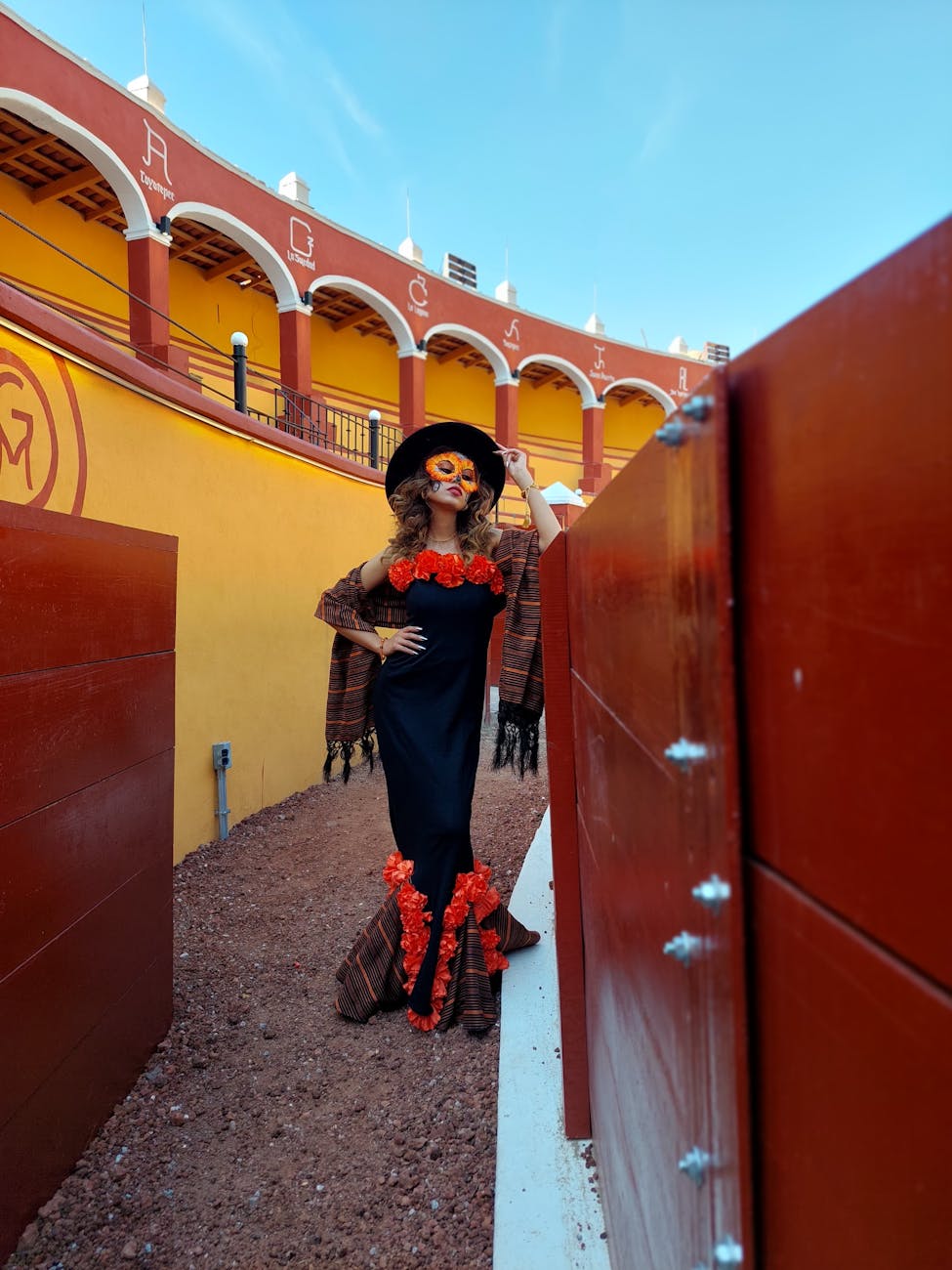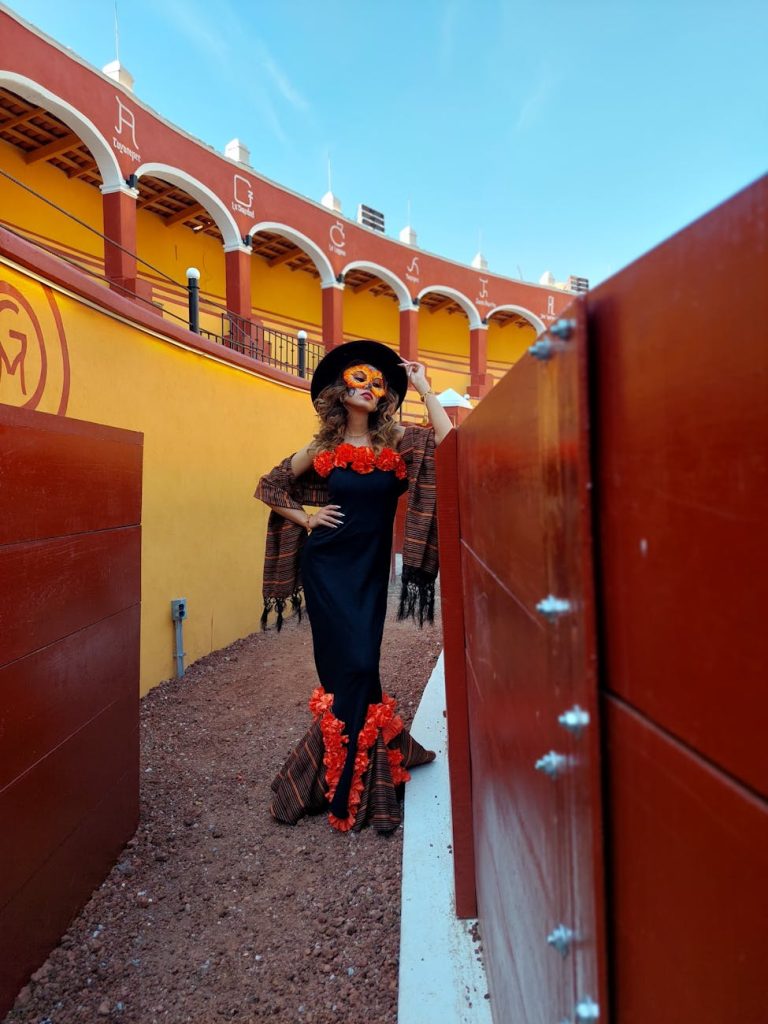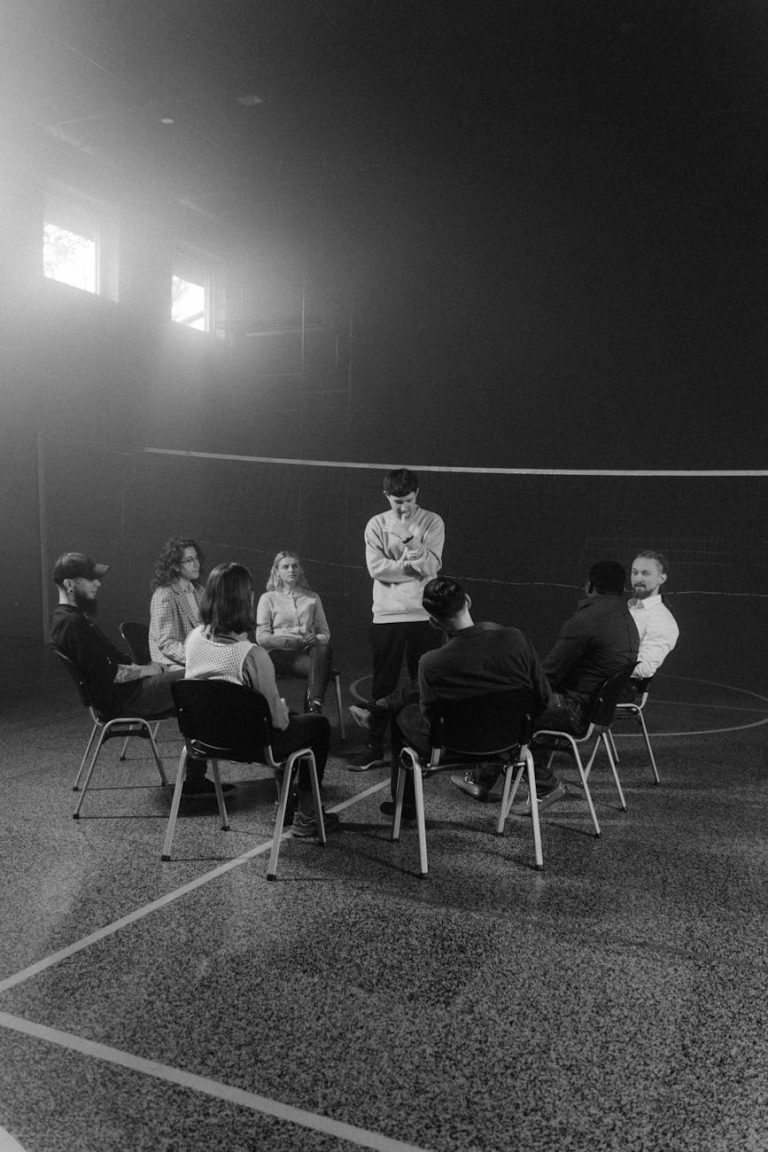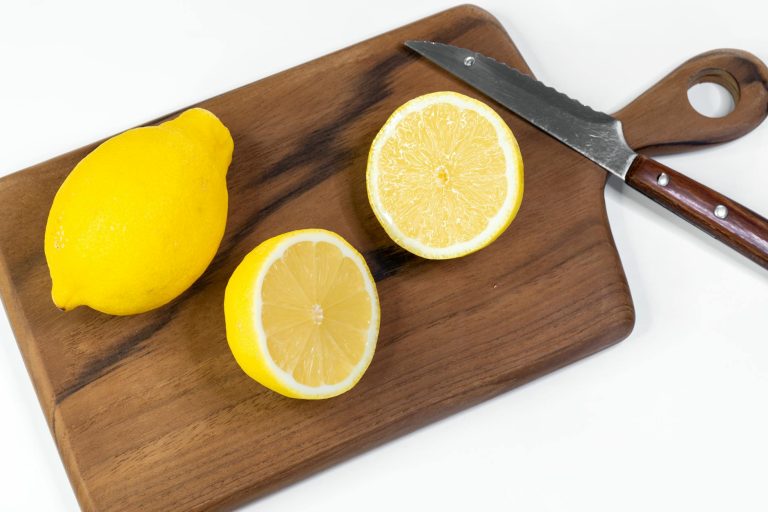
Have you ever wondered how the way we understand our minds has changed over time? Picture yourself in a cozy Spanish café, sipping on a cortado while discussing life’s ups and downs with a friend. The conversation shifts from the traditional remedies of our grandparents to the modern techniques that are popping up like trendy tapas. This is the heart of the ongoing dialogue in Spain about psychology—where the age-old wisdom clashes and dances with contemporary theories.
Let’s dive into this fascinating landscape. Traditional psychology in Spain often leans on the rich history of philosophical thought. Think of figures like Ramón y Cajal, who not only contributed to neuroscience but also infused psychological understanding with a cultural context. It’s like linking the art of flamenco with the science of dance; one can’t truly exist without the other. The older generation often emphasizes a community-centric approach, suggesting that our problems are rooted in social contexts rather than just individual turmoil.
On the flip side, modern psychology has been influenced by a myriad of global trends. The rise of cognitive behavioral therapy (CBT) and mindfulness practices are changing the game. Imagine a young adult in Madrid, feeling the pressure of work and life, who turns to mindfulness apps for solace. It’s not uncommon anymore! These innovations bring a fresh breeze, but they sometimes clash with the conservative views held by older generations. You might hear your abuela (grandmother) say, “Why do you need therapy? Just talk it out with the family!”
- Traditional Approaches: Focus on family and community support.
- Modern Approaches: Emphasis on individual therapy and self-care techniques.
- Cultural Sensitivity: Older methods often incorporate local customs and beliefs.
- Scientific Backing: Newer approaches rely heavily on research and evidence-based practice.
- Accessibility: The modern world offers more resources online, making help more reachable.
But what about those emotional nuances? It’s one thing to have a therapeutic session filled with evidence-based strategies, but what if you’re in a culture that prioritizes emotional expression? Consider a hypothetical scenario: a young woman struggling with anxiety who attends a traditional family gathering, where everyone is expected to put on a brave face. Her modern coping strategy of journaling could clash with the cultural expectation to keep feelings private. This is the intricate dance between old and new, and it’s happening all around us.
As we navigate this blend of traditional and modern, it’s essential to remember that neither approach holds all the answers. Some might find solace in the warm embrace of family discussions, while others could thrive in a therapeutic setting that encourages self-exploration. It’s about finding a balance that resonates with the individual. Maybe you like to start your day with some mindfulness meditation and then chat with your loved ones about your feelings over a hearty paella. Why not blend both worlds?
Ultimately, the conversation about psychological practices in Spain is not just about methodologies; it’s about people and their stories. As we continue to explore these cultural perspectives, let’s keep the dialogue alive. After all, understanding ourselves is a journey, not a destination. So, what approach speaks to you?



